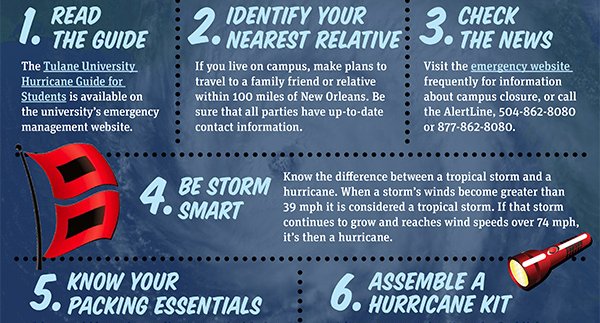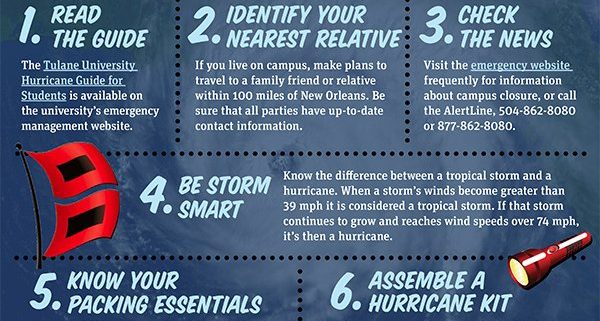Do like the Gov – Follow these Best Practices in Crisis management as shown by Florida Gov. Rick Scott

In the days leading up to Hurricane Irma’s arrival and subsequent to its landfall, Florida Governor Rick Scott gave the world and especially those of us who live in the state, a brilliant display of leadership as he commanded and corralled government and local forces to prepare for the potentially catastrophic arrival of the storm to Florida. Scott will certainly go down in state history for how aptly he handled the situation, and in the process, saving thousands of lives, millions of dollars, and significantly reducing potential damage to residences and commercial properties, and to the State as a whole. If you and your business ever find yourself in a crisis situation, you would be well advised to follow the best practices demonstrated by Gov. Scott, to mitigate risk and reduce potential damage to you and/or your business, in the event of an expected crisis.
Faced with a crisis in your business, “do like the Gov” and follow Rick Scott’s outstanding examples of leadership by doing these three things:
1. Get out in front early, step up and take charge – at least one week leading up to the predicted landfall on the Florida peninsula, Gov. Scott began holding multiple daily press conferences, warning state residents to get into “Hurricane Mode” – and begin stocking up with water, food staples, emergency lighting, boarding up homes and commercial properties, and even laying out evacuation plans for areas to be hit by the storm. He stepped up early and took charge, 1st by declaring a state of emergency, and then by marshaling federal, state, local and even private entities like the Red Cross, to begin making plans for the arrival and the subsequent damages a Category 5 (at the time) hurricane posed to his state. As a result of his efforts he saved thousands of lives and reduced dramatically potential damages to the state, its residents and their businesses. In your business, the moment you identify a potential crisis, whether it be related to product, a customer, your finances, a PR situation, or whatever it may be, follow the Governor’s great example and get out in front of it early, stepping up and taking charge and by doing so, proactively manage your responses, and those of your teams and key decision makers, to take immediate and decisive action – and do it early.
2. Communicate – constantly, and most importantly, consistently. In the days leading up to the storm, Gov. Scott was constantly seen on local and national television, communicating the exact same message – he talked about the most important perils of the hurricane, namely storm surge, wind damage, and flooding. All the while making comparisons to Hurricane Andrew, another Category 5 Florida Hurricane which hit doing massive damage passing directly over the city of Homestead in Miami-Dade County, destroying more than 60,000 houses, damaging another 124,000, killing 65 people and leaving in its wake more than $26 billion in damages in 1992. He did this in an attempt to create a precedent for the full understanding of the potential severity of this storm to Florida residents. He showed images of the destruction created by Andrew with the hope of reinforcing the life-threatening situations Floridians who failed to heed his warnings would be facing. But most importantly, Gov. Scott communicated the exact message, over and over again, multiple times a day, so that all residents understood the full extent of the potential damages of this storm. He outlined options – from evacuation plans for areas most likely to be hit the storm as sell as low lying areas susceptible to storm surge, to “Hurricane Preparedness” for residents to guarantee they had the essentials of food and water in the case of extended power outages. Gov. Scott was a true champion in that his message was always the same – he stressed taking the situation seriously, following directions – even if that meant evacuating your home – to avoid further casualties, and he stressed “get ready”. His message was clear, focused, consistent, and constant. No one in the state of Florida had the excuse to not be warned nor be ready for the impending storm.
In your business when faced with a crisis, handle it like Gov. Scott – communicate frequently, openly, and repeatedly, to all the most important constituencies in your company. Make sure your message is consistent – and provide updates as the situation unfolds. People need to be informed, and will generally act responsibly and intelligently if given the information they need to govern their own decision-making.
3. Shoulder up adequate resources to meet immediate and changing needs of key groups – Responding to the threat, preparing for the arrival, and organizing the recovery from the damage a hurricane the likes of Irma causes is nothing short of a massive undertaking! It takes the coordinated effort of hundreds of organizations ranging from Federal, state and local governments, local law enforcement, FEMA (Federal Emergency Management Agency), local and national broadcasters, emergency response teams, utility service providers, retail establishments, schools, hospitals, non-profit organizations, etc. the list goes on and on.
But the key point, and illustrated so brilliantly by Gov. Scott, was that he went to great lengths to involve any and all organizations critical to providing the services that would be required in the aftermath of a hurricane. In nearly all his press conferences, he could be seen surrounded by the different groups that would be involved in providing help and services after the hurricane struck – the national guard, local police organizations, the Red Cross, the emergency response headquarters set up in major cities like Tampa or Miami. He was a master of shouldering up all the critical resources to making sure recovery would happen as quickly and as smoothly as possible.
In a similar manner, when faced with a crisis in your business, make sure you know who to call and what resources you will need to manage the risk created by the crisis. This will require some advanced planning on your part, and will also involve asking some tough questions related to potentially difficult situations, like anything ranging from an unexpected death, employee harassment or firing, lawsuit, bankruptcy, or product recall. But do your homework upfront, and make sure you have all the necessary resources to weather the storm and clean up in its aftermath.
Go here to see Governor Scott in action…






